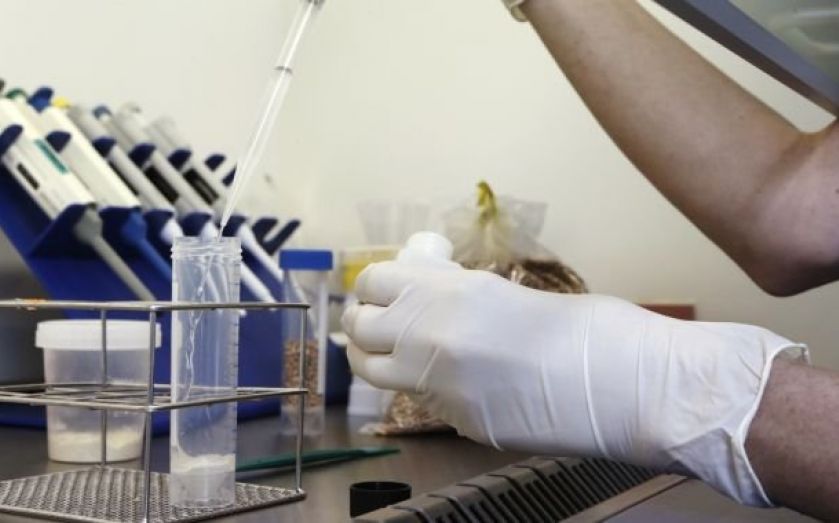How laboratories on 2mm chips will revolutionise healthcare

“Think of test tubes being carried around, Bunsen Burners being lit and chemical experiments being performed, but on a miniature chip without the need for any human input.”
This is how Professor Philip Brisk invites us to imagine Lab-On-a-Chip, a miniaturised, automated laboratory that he and his team have been working on at the University of California, Riverside.
Just millimetres in diameter and powered by mini electrodes, these chips are able to perform complex activities which currently have to be done in real labs by humans, like DNA sequencing, drug discovery and virus detection. By imitating these experiments, Brisk believes that the chips could save the healthcare millions of dollars in the future.
“We can't be sure of just how much they will save at this stage, but we aren't the only scientists working on them and it has the potential to be millions,” he says. “Right now, if you go to a doctor and they take a blood or a saliva sample, it has to then be shipped off to a lab somewhere and tested before the information is returned. This would remove the need for that process entirely, as doctors would have the chips in their surgeries and be able to perform the tests there and then.”
Chip in action: how liquid moves around
The biggest step forward will be when researchers have fully developed a general computer programming language for the chips, in the hope that they will be able to command any one chip to perform any activity.
“Imagine that you have a computer at home: it's able to do pretty much anything, but your mp3 player has only one use,” says Brisk. “At the moment, these chips are like mp3 players for chemical experiments: every time that we want to perform a new chemical reaction, we have to design a new chip specifically for that purpose. The hope is that with this language, each chip will be like a computer and we can command it to do anything we want it to.”
The chip's potential doesn't end there, however. “The benefit to healthcare is just what I predict short term,” concludes Brisk. “I also anticipate a lot of evolution of its use in the technology sector, particularly for consumers. If you think about computers, when they were first invented they weren't consumer products. I think Lab-On-A-Chip will experience a similar progression but at an even faster rate.”